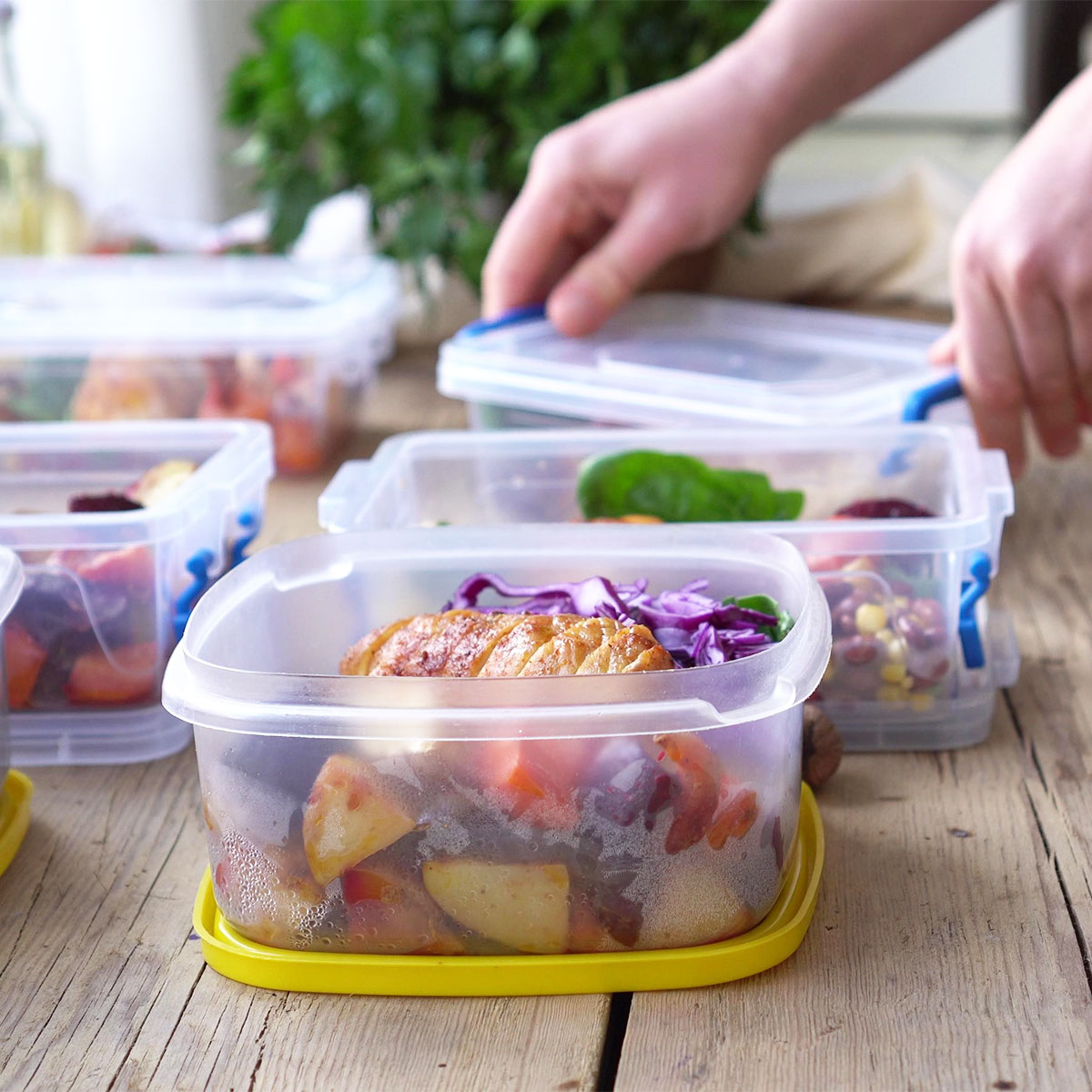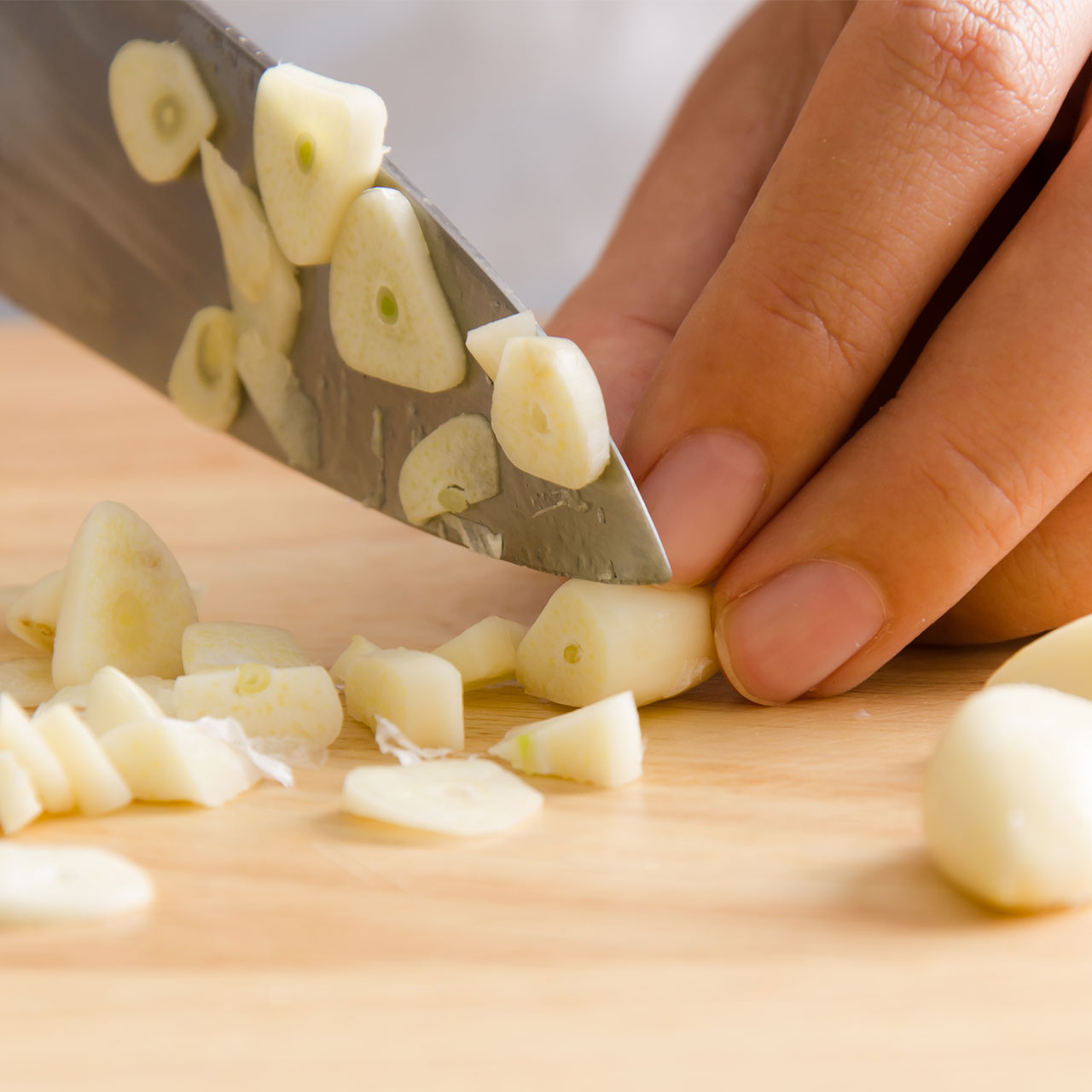Meal prepping can be a great way to save time, be more mindful of what you’re eating, and even boost your metabolism when you choose healthier ingredients. However, if done wrong, this can have the opposite effect, slowing down your metabolism and/ or even leading to weight gain, despite your hard work and efforts.
Dietitians and nutritionists warn of one common mistake that many make when prepping meals ahead of time: not adding enough vegetables. We caught up with health experts: Trista Best, MPH, RD, LD, registered dietitian at Balance One Supplements and Lisa Richards, registered nutritionist and creator of The Candida Diet.
We’ll explore why not adding enough vegetables to your meal prep can slow your metabolism/ lead to weight gain and how you can correct it:


Don't Neglect Your Veggies: The Key to Successful Meal Prep
Leaving out vegetables during food preparation is a "common mistake that can contribute to weight gain for several reasons," Best explains. Firstly, she says that "vegetables are low in calories and high in fiber," which helps "promote satiety and prevents overeating."
Their high water content also "adds volume to meals without significantly increasing calorie intake," she points out. By making meals for the week ahead of time and omitting vegetables, meals "become less filling, leading to a higher likelihood of consuming calorie-dense foods to feel satisfied," she warns.
Vegetables are "packed with essential vitamins, minerals, and antioxidants that support overall health," she stresses, so it makes sense that their absence in prepped meals "can result in a nutrient imbalance and potential deficiencies." In addition, she says that "vegetables contribute to a balanced and varied diet, providing a wide range of nutrients while adding flavor, texture, and color to meals."

As for your metabolism, Best notes that "each person has a unique metabolism, the rate at which they burn calories, and for most individuals this is around 2000 calories per day." This means for your body to perform its regular functions at optimal level, it requires a certain amount of calories, she adds.
Put simply, when you go over this number it "leads to weight gain" and when you consume less than this number, it leads to "weight loss," Best continues. This weight loss is short lived, however, because the body will "adjust to only receiving a smaller amount of calories," she says.
"Therefore, it will slow down the amount of calories it needs in order to conserve energy and avoid starvation. This essentially means you are slowing down your metabolism," Best emphasizes.

One Easy Solution: Food Journaling
If you want to successfully meal prep and promote a faster metabolism, Richards notes that "food journaling, or keeping track of what you eat and drink, has many potential benefits."
First off, she says that "food journaling can help you become more aware of what you are eating and drinking on a daily basis." This can help you identify patterns, such as "overeating or consuming too much of certain foods or nutrients."
Keeping a food journal can also "help you stay accountable to yourself and your health goals," Richards adds. "It can also help you identify areas where you may need to make changes in your diet or lifestyle."

Writing down what you eat and meal prep can "help you set and track progress toward specific goals, such as eating more fruits and vegetables, reducing your intake of processed foods, or increasing your water intake," she goes on.
Ultimately, food journal can "help you identify specific situations or triggers that may be contributing to unhealthy eating habits," Richards concludes, allowing you to come up with strategies to address these issues. "Tracking progress in a food journal can be motivating and provide a sense of accomplishment as you work toward your health goals," Richards adds. (The more you know!)


























